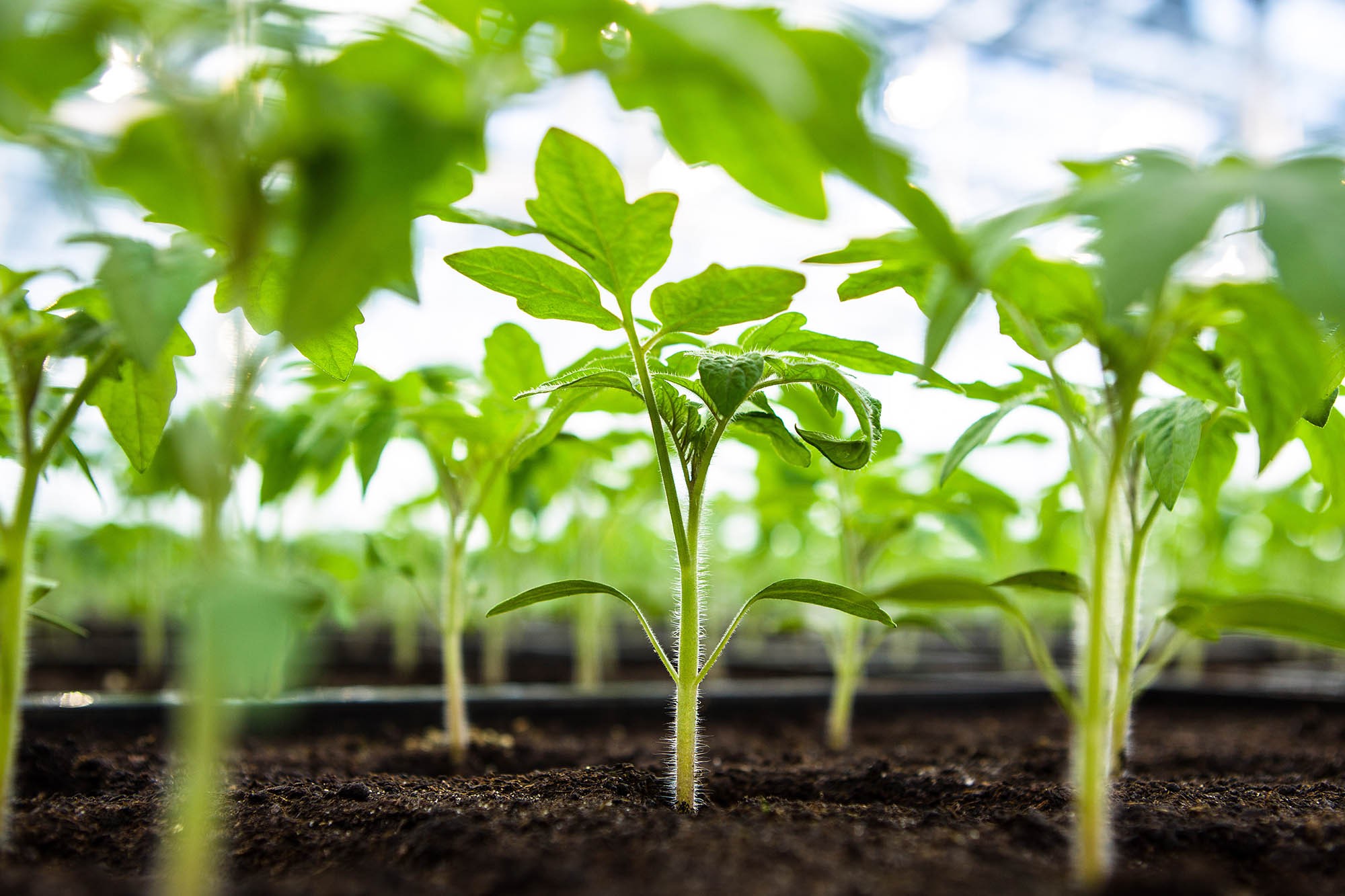
-
Variety Testing
-
Plant Breeders’ Rights and/or listing DUS-VCU
- Breeder's co-trials vegetable crops
- External Crop Experts Ornamental Crops
- Conditions of submitting identity material for DUS testing
- Calibration books Variety Testing
- National protocols Variety Testing
- Procedure of landraces, hobby market and conservation varieties
- American Plant Breeders' Rights - technical testing
- Two tests in one year
- Identity (Variety Tracer)
- Varietal trueness and varietal purity
- Resistance
-
Data of varieties
- Use of a third country synonym for a vegetable variety
- Vegetable-, agricultural- or ornamental crop?
- Authorisation: marketing material of not yet listed varieties
- Internal Naktuinbouw list for vegetable varieties
- List of names of Woody Plants and List of names of Perennials
- OrganicXseeds: database
- Variety descriptions
-
Plant Breeders’ Rights and/or listing DUS-VCU
- Inspections
- Testing & Analyses
- Knowledge & Education
- About us
-
Variety Testing
-
Plant Breeders’ Rights and/or listing DUS-VCU
- Breeder's co-trials vegetable crops
- External Crop Experts Ornamental Crops
- Conditions of submitting identity material for DUS testing
- Calibration books Variety Testing
- National protocols Variety Testing
- Procedure of landraces, hobby market and conservation varieties
- American Plant Breeders' Rights - technical testing
- Two tests in one year
- Identity (Variety Tracer)
- Varietal trueness and varietal purity
- Resistance
-
Data of varieties
- Use of a third country synonym for a vegetable variety
- Vegetable-, agricultural- or ornamental crop?
- Authorisation: marketing material of not yet listed varieties
- Internal Naktuinbouw list for vegetable varieties
- List of names of Woody Plants and List of names of Perennials
- OrganicXseeds: database
- Variety descriptions
-
Plant Breeders’ Rights and/or listing DUS-VCU
- Inspections
- Testing & Analyses
- Knowledge & Education
- About us
In the spotlights: New European legislation on propagating material
The European Commission proposed two new regulations in July 2023 that cover all reproductive material except for ornamental plants. As the proposals concern regulations, the rules will be the harmonised throughout Europe. The EU will also align the regulations with the objectives of the Green Deal, which outlines the transition of the EU to a more sustainable model.
The Regulation for Plant Reproductive Material (PRM) is of most relevance for the horticultural sector. There are currently ten different directives for agricultural and horticultural crops, which all countries apply slightly differently. The EU wants greater uniformity, clarity and harmonisation and therefore proposed this regulation which concerns propagating material (seeds, cuttings, seedlings and young plants) of agricultural crops, fruit and vegetables. The fundamental principles of current European marketing guidelines and directives will remain in force for ornamental crops.
Changes arising from the new PRM regulation
The new regulation will entail a number of changes. Health aspects are no longer part of the PRM Regulation, but will be covered by the Plant Health Regulation. This will create greater clarity and uniformity. In addition, by setting sustainability requirements for new varieties, the European Commission will align the regulation with the policy objectives of the Green Deal.
Green Deal is a package of policy initiatives to promote cooperation between EU Member States to work towards achieving greater sustainability and making the transition to a climate neutral economy. A new component of the PRM Regulation is that it offers companies the possibility to perform their own certification (under the supervision of the inspection authorities) and the separate regulation for different marketing channels.
Naktuinbouw closely involved in developments
The new PRM regulation directly affects our work and the horticultural sector. The proposals will have a significant impact on the requirements for the marketing of propagating material. It is unlikely that the regulation will be implemented and applicable in practice before 2027. However, it is important that companies and organisations already get used to working with it, including Naktuinbouw.
We will establish a special working group to monitor and respond to developments and share our experiences in the Netherlands and our expertise on seeds and plant material. The Ministry of Agriculture, Nature and Food Quality (LNV) is the spokesperson in Brussels on behalf of the Netherlands. The Ministry is informed by advisors including Naktuinbouw. Our shared experience will help the LNV improve proposals and ensure they are applicable in practice. The broad outlines of the policy are a political decision. However, changes can still be made to the way requirements are implemented in practice.
We are also already anticipating the proposed requirements before the new regulations come into force. Producing certified material and cultivating new varieties is a process that often takes several years and growers plan in advance. Fortunately, our sector has a lot of experience in starting testing for (new) diseases at an early stage and early identification of variety traits. And Naktuinbouw can also share its knowledge on this.
New regulation on forest reproductive material
Another new regulation that will be introduced is the Regulation for Forest Reproductive Material (FRM). This new regulation will have less impact on the Netherlands than the PRM.

Naktuinbouw only uses functional and analytical cookies. More information